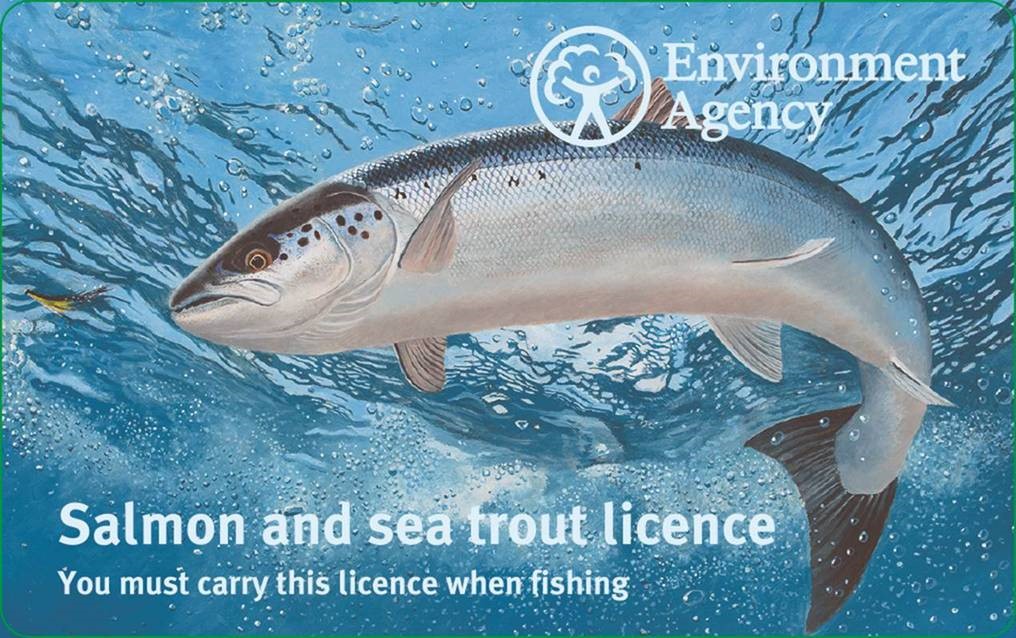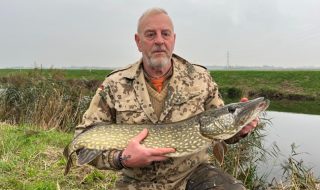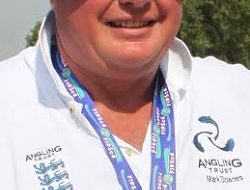• 37 of the 42 salmon rivers (88%) in England now categorised as being ‘at risk’ or ‘probably at risk’.
• Rising sea and river temperatures due to climate change damaging salmon stocks globally
• Stocks can respond to intervention with the EA calling for coordinated action to aid recovery
Wild Atlantic salmon stocks are reaching crisis point the Environment Agency (EA) has said today (Monday 25 July) as the latest stock assessment report estimates they are at their lowest levels on record.
UK rivers are traditional breeding grounds for Atlantic salmon and are classed as an iconic species in our rivers, however, many factors are impacting on their numbers at freshwater and marine sites. In particular, climate change is leading to rising sea and river temperatures and overfishing are impacting on salmon stocks globally. Water quality in rivers and estuaries can also affect the fish lifecycle as well as barriers stopping salmon travelling upstream.
Through the Salmon Five Point Approach action is being taken by the EA and its partners to remove barriers to migration with 19 fish passes improved in the last year. Work is also taking place to improve water quality and reduce the exploitation of salmon by both net and rod fisheries.
Kevin Austin, Deputy Director for Agriculture, Fisheries and the Natural Environment for the Environment Agency said:
“Today’s assessment for England is of great concern and without urgent action Wild Atlantic Salmon could be lost from our rivers in our lifetimes.
“We have seen some real successes through our work with partners, particularly on the river Don and Tyne, but more much progress is needed.
“As the climate emergency becomes more acute, we need coordinated action between governments, partners and industry to enable stocks to stabilise and recover to sustainable levels.”
The latest stock assessment report, from the Centre for Environment, Fisheries and Aquaculture Science, the Environment Agency and Natural Resources Wales, is of significant concern. In 2020, 20 salmon rivers (48%) were thought to be ‘at risk’ – meaning salmon stock are no longer at sustainable levels – but in the latest report this has now risen to 31 (74%) with rivers in the South West, North West and Wales considered to be the most affected.
Only one river in England, the River Tyne, remains within the ‘not at risk” category and has improved due to better water quality in the estuary and action against barriers to migration. On the River Don, fish pass improvements and habitat restoration initiatives have enabled salmon to return.
In 2019, the EA implemented the closure of salmon net fisheries in England, until at least until 2029, and an overall catch and release rate of 95 per cent in rod fisheries has been achieved through a combination of both voluntary and mandatory controls. Further options are being considered in England to ensure that all remaining rivers categorised as being ‘at risk’ implement a 100 per cent catch and release rate.
In the last year, the EA has improved 19 fish passages at weirs or barriers across English rivers giving salmon better access to the Severn, Ribble, Camel, Tyne and Test. A new fish pass at Diglis Weir on the River Severn has also been completed as part of the Unlocking the Severn project, restoring 158 miles of river and to aid migration.
To safeguard river flow and improve water quality, the EA has also identified improvements through the Water Industry National Environment Programme. In 2021, 53 schemes were completed that will bring benefits to salmon. 37 of these were on our main salmon rivers and 16 on recovering salmon rivers. 50 new agricultural officers, funded by Defra, have also been appointed to work with the agricultural community to address diffuse and acute water quality issues.
Ensuring clean and plentiful water is one of the biggest challenges we face and is a priority for the EA and the Government. Earlier in July, the EA published its annual Environmental Performance Assessment on water quality the EA called for tougher fines and prison sentences for those responsible for serious and deliberate pollution affecting water quality.
The EA, Defra and key partner organisations continue to deliver on the Salmon Five Point Approach and NASCO’s implementation plan to co-ordinate effort and drive forward actions that will benefit all aspects of the salmon life cycle. To add further weight to this initiative, the EA and NRW have also joined forces to develop the North Atlantic Salmon Conservation Organisation (NASCO) salmon management implementation plan to co-ordinate actions to benefit all aspects of the salmon life cycle.






